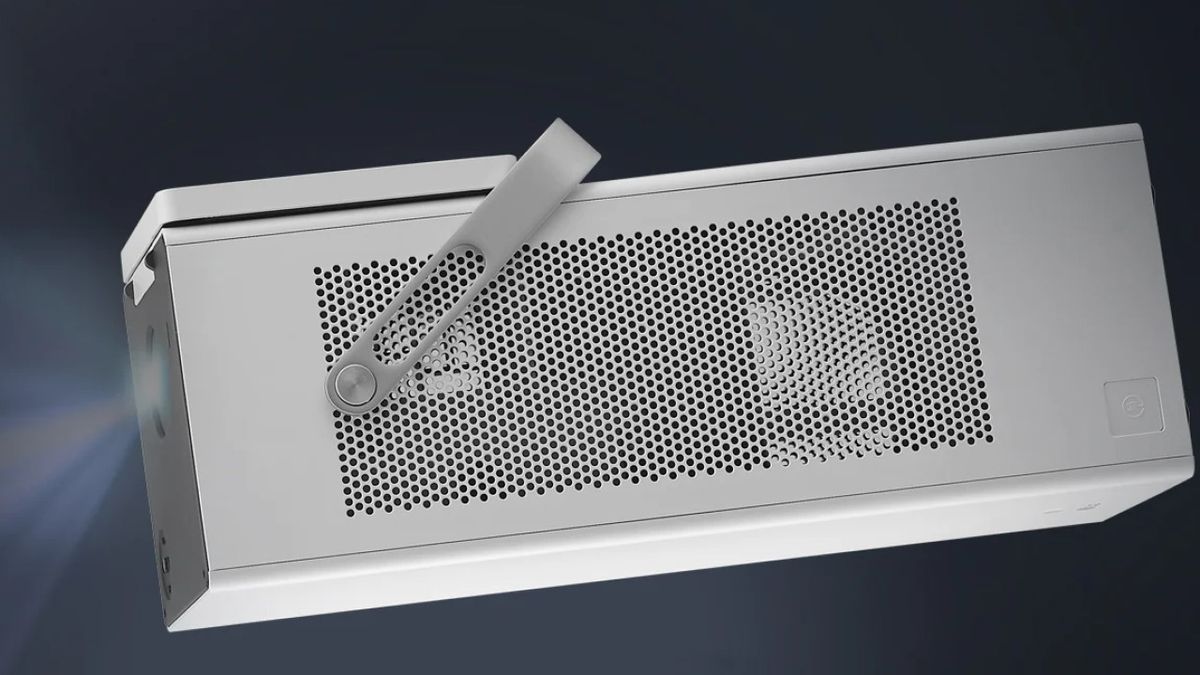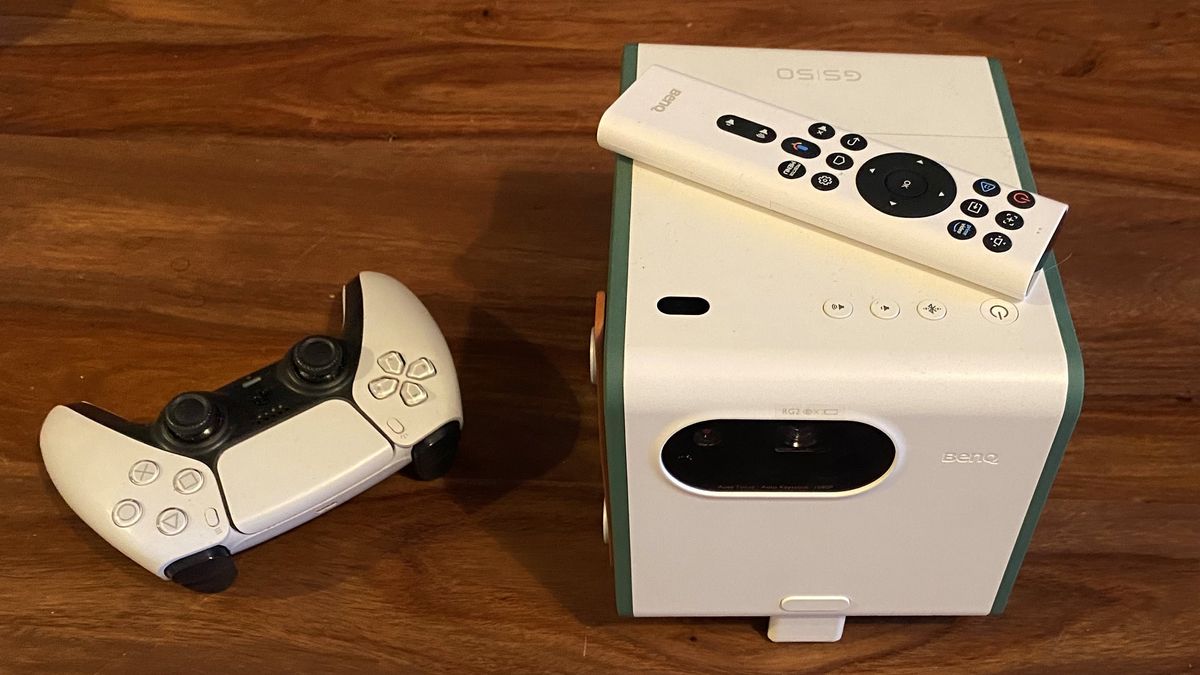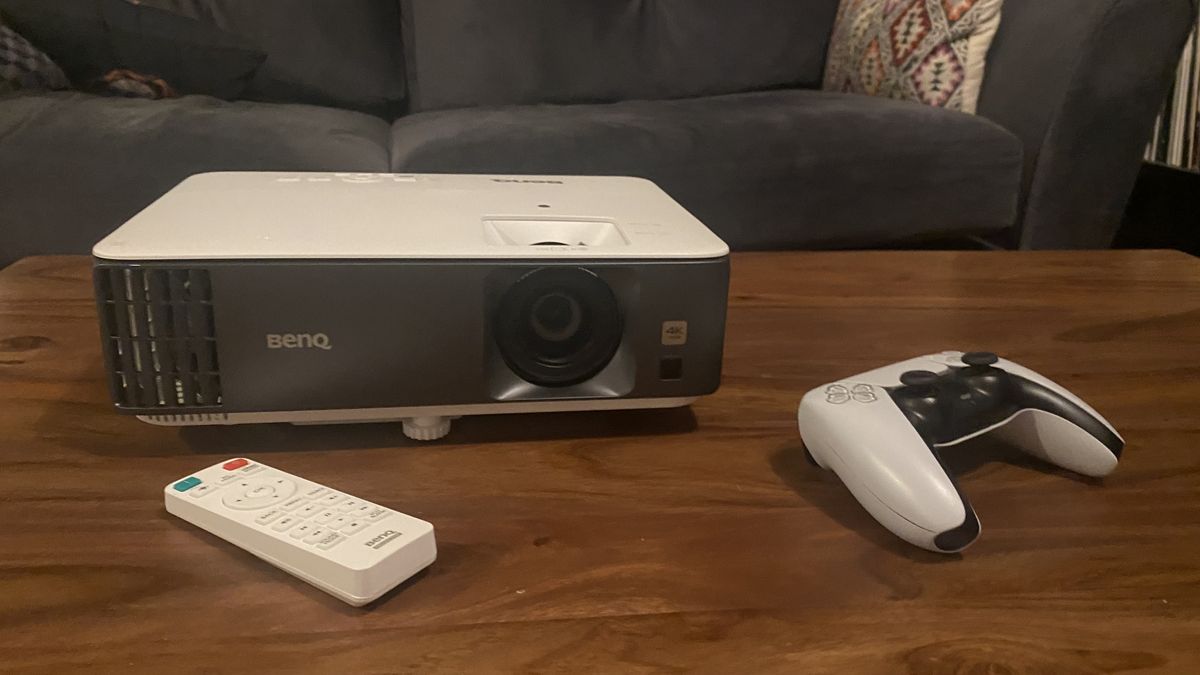The idea of buying a ‘refurbished’ variant of the best gaming PC– or any second-hand electronics, really – sounds inherently risky, doesn’t it? And yet, the global market for cheap gaming PCs and refurbished PCs, in particular, is growing rapidly, expected to reach a staggering eight billion dollars in total value by 2031, as consumers seek better value for money and the world is faced with an increasingly urgent need to reduce electronic waste.
Buying refurbished PCs or components isn’t as risky as it used to be however; a decent number of reputable PC-building companies offer refurbished systems at solid discounts, and major electronics retailers now sell refurbished components as well as systems too. Here, we’re going to be breaking down the advantages and disadvantages of nabbing yourself some refurbed kit, and what to look out for if you decide that’s what you want to do.
What are you getting?
Obviously, the main upside to getting a refurbished gaming PC (or an individual component) is the accompanying reduction in price. This is especially true for entire systems, which will generally be cheaper than buying a complete set of refurbed components and assembling them yourself.
But what exactly is a ‘refurbished’ product? It can mean a lot of things, and there’s no real way to discern which one the item you’re looking at buying is. In some cases, it was simply a product return or cancelled order that can’t be re-sold at full price, or it might have been mildly damaged or non-functional.
Before it is sold as refurbished, any reputable seller will perform rigorous testing to ensure the PC or component is working as if it were new, barring any small cosmetic defects (which should be listed in the product description). Note that some sellers will use different terms to refer to refurbed kit, such as ‘renewed’ or ‘recertified’.

Things to watch out for
The number one thing to look for when buying a refurbished PC is this: does it have a warranty? If not, steer clear. A lack of warranty – even just a 30- or 90-day one – can be a sign that you’re about to be ripped off by a dodgy refurbisher, so be sure to read the fine print before buying.
Ideally, you’ll be able to get a full warranty, but 90 days should be sufficient; if a component has been poorly refurbished (or not refurbished at all), it’s highly likely to fail before that time runs out. However, you shouldn’t be lax; when buying refurbished products, be sure to test them rigorously upon receiving them, ideally using benchmarking software that will push the hardware to its limits – like Prime95 for CPUs, or Uniengine Heaven for GPUs.
With individual components, particularly when browsing the second-hand markets of the best graphics cards and the best CPUs for gaming, be sure to look out for ‘factory refurbished’ or sometimes ‘OEM refurbished’ in the product description. This means that the hardware has been ‘furbed by the original manufacturer, making it a far more trustworthy purchase than a third-party refurbished bit of kit. Obviously, this doesn’t apply for most gaming PCs, since the components inside will be from multiple manufacturers, but still buy from the company that originally assembled the system where possible.

Additionally, for any budding PC-builders who are considering buying refurbed parts, be sure to consider which components are safest to buy. Power supplies are a big no-no, since a dodgy PSU could burn out your other components, but factory-restored CPUs and GPUs are generally a safe bet. Drives are usually fine too. Motherboards shouldn’t be too much of an issue, but check whether or not the original packaging is included; there could be in-box accessories that you won’t want to go without.
When it comes to extraneous hardware like monitors and keyboards, buy with caution. Refurbished gaming monitors are likely to have been returned by the original buyer due to a dead pixel or other graphical issue, while other peripherals can be alright provided you get them from the original manufacturer. Corsair runs a solid refurbished gear store (opens in new tab), which includes stuff like keyboards, headsets, a full gaming PCs.
Where should I buy from?
As mentioned above, the safest place to buy refurbished electronics is always the original manufacturer. Not all manufacturers sell refurbished kit, though, so you may have to look further afield to find a refurbed gaming PC at a good price – especially when looking for the likes of an Alienware gaming PC, for example.
Avoid general marketplaces like Amazon and eBay; this is a good way to end up with a system that doesn’t work, and getting a refund can be a difficult process. Specialised electronics retailers can be a good shout, like Newegg in the US and LaptopsDirect in the UK.
There are also a plethora of companies that work exclusively with refurbed electronics, like StoneRefurb. Tread carefully here, though; it’s best to do a little research on the seller first, even if it’s just a quick Google search, to see if they’re legit. Trustpilot is a handy tool for this, giving you external consumer opinion on the company. If you can’t find the seller on there, run for the hills!
Prefer your gaming machines portable? Check out the latest cheap gaming laptop deals, as well as the top performers in the field in our best gaming laptop guide.
 Games News games, movies and TV you love.
Games News games, movies and TV you love.



